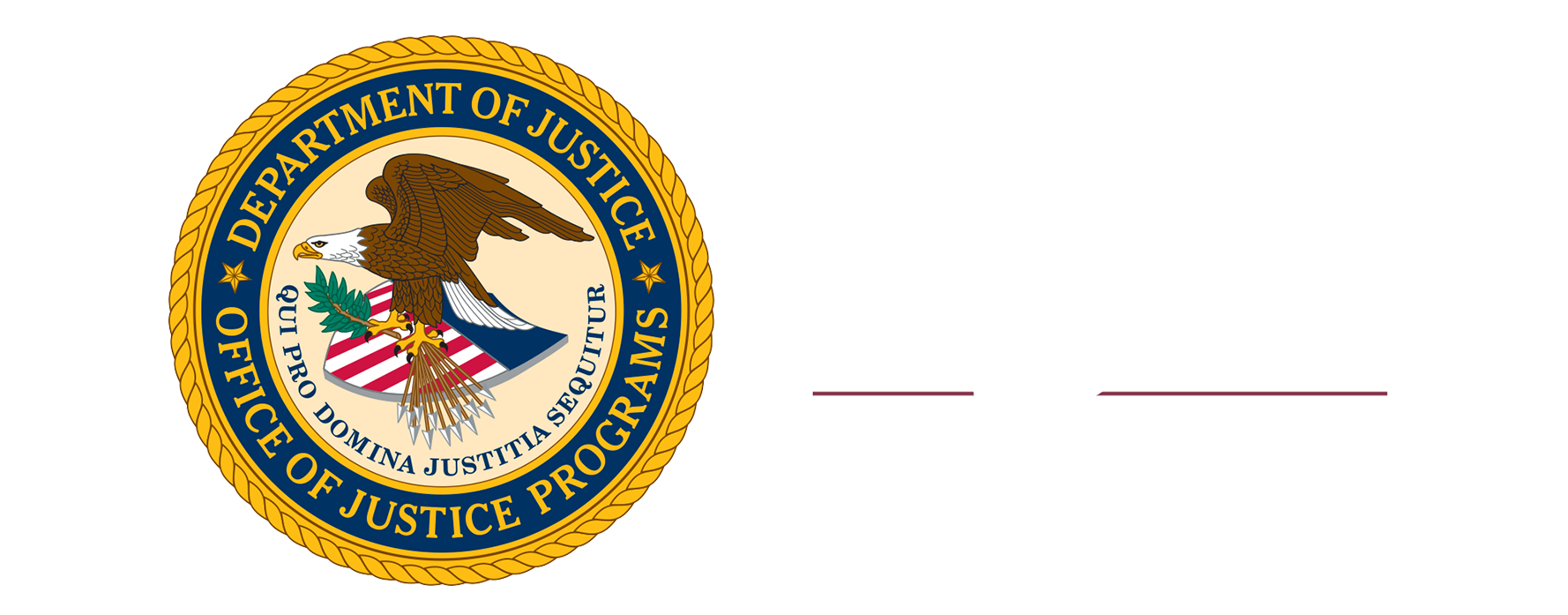The ABA seeks to update the Ten Principles of a Public Defense Delivery System. The ABA Ten Principles are the most influential statement on public defense today:
• States and nations build and improve defender systems using the Principles.
• The Principles guide U.S.D.O.J. public defense grant making.
• The United Nations modeled global standards on the Principles.
As Attorney General Eric Holder has said, the Ten Principles give “shape to our aspirations” and “quite literally set the standard, and developed a framework, for progress.”
Yet, after nearly 15 years, the Ten Principles need revision. Some Principles are based on outdated information. For example, the workload standards cited in Principle 5 have increasingly been discredited. Other Principles must be updated to reflect advances in public defense, including client-centered representation, holistic defense, and contemporary forensics. The need for revision is explained in detail in a recent article by Dean Emeritus Norman Lefstein. See Norman Lefstein, Time to Update the “ABA Ten Principles” for the 21st Century, 40 The Champion 42 (2016).
The ABA plans to revise the Ten Principles. Revision will require support for staff time; two in-person meetings for a nine-person working group; and design, publication, and dissemination costs.
Public defense is a mighty check on governments’ power to strip citizens of their liberty. As the voice of the legal profession in the United States, the ABA is committed to ensuring that public defense is provided as effectively and efficiently as possible. The ABA Ten Principles are perhaps our strongest tool to do just that. ABA members and staff look forward to partnering with prominent foundations and organizations to revise the Ten Principles.
We are seeking guidance on how best to develop and disseminate the Ten Principles, as well as $32,000 for meetings, travel, and printing.
The ABA seeks to update the Ten Principles of a Public Defense Delivery System. The ABA Ten Principles are the most influential statement on public defense today:
• States and nations build and improve defender systems using the Principles.
• The Principles guide U.S.D.O.J. public defense grant making.
• The United Nations modeled global standards on the Principles.
As Attorney General Eric Holder has said, the Ten Principles give “shape to our aspirations” and “quite literally set the standard, and developed a framework, for progress.”
Yet, after nearly 15 years, the Ten Principles need revision. Some Principles are based on outdated information. For example, the workload standards cited in Principle 5 have increasingly been discredited. Other Principles must be updated to reflect advances in public defense, including client-centered representation, holistic defense, and contemporary forensics. The need for revision is explained in detail in a recent article by Dean Emeritus Norman Lefstein. See Norman Lefstein, Time to Update the “ABA Ten Principles” for the 21st Century, 40 The Champion 42 (2016).
The ABA plans to revise the Ten Principles. Revision will require support for staff time; two in-person meetings for a nine-person working group; and design, publication, and dissemination costs.
Public defense is a mighty check on governments’ power to strip citizens of their liberty. As the voice of the legal profession in the United States, the ABA is committed to ensuring that public defense is provided as effectively and efficiently as possible. The ABA Ten Principles are perhaps our strongest tool to do just that. ABA members and staff look forward to partnering with prominent foundations and organizations to revise the Ten Principles.
We are seeking guidance on how best to develop and disseminate the Ten Principles, as well as $32,000 for meetings, travel, and printing.
Clients
Please check the box next to the following questions if the answer is 'yes'.
Please enter the applicable Event Date if there is an Event associated with this TTA.
When entering an Event Date, the Time is also required.
Please respond to the Performance Metrics below. The Performance Metrics questions are based on the TTA Type indicated in the General Information section of the TTA.

